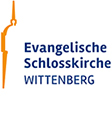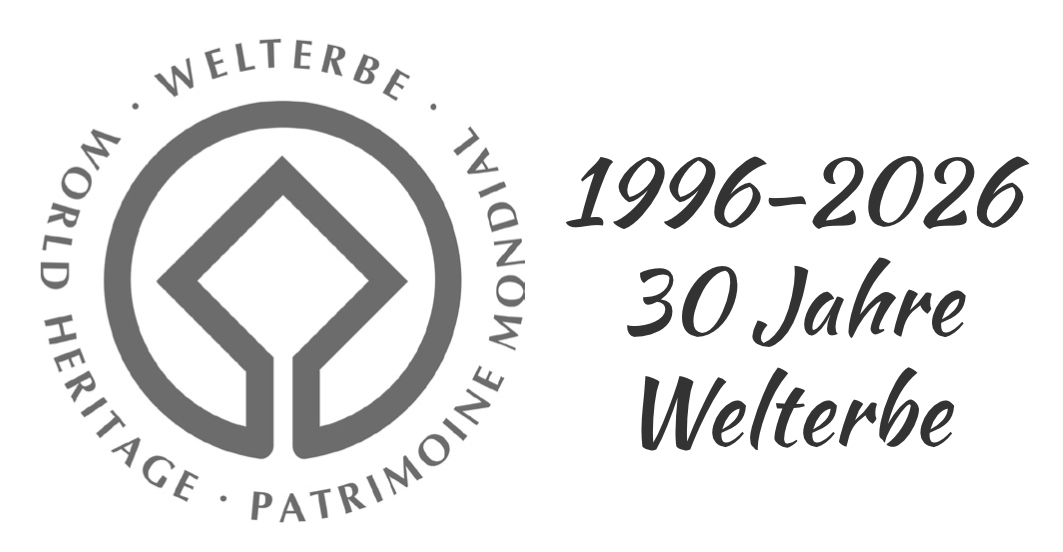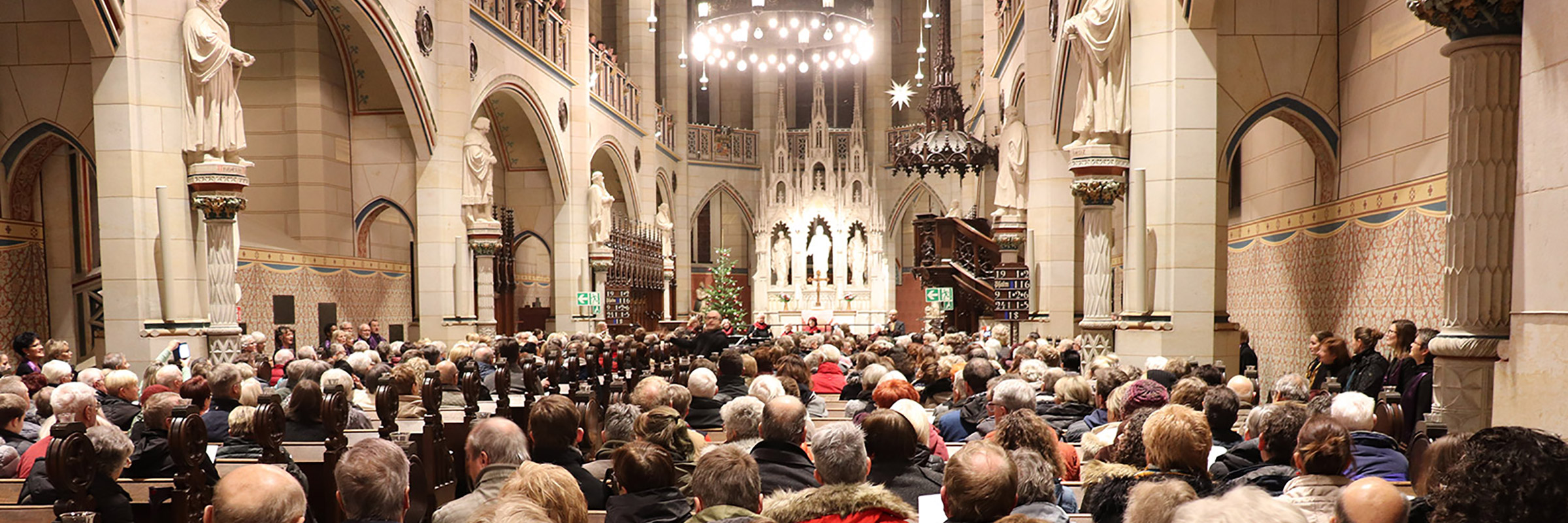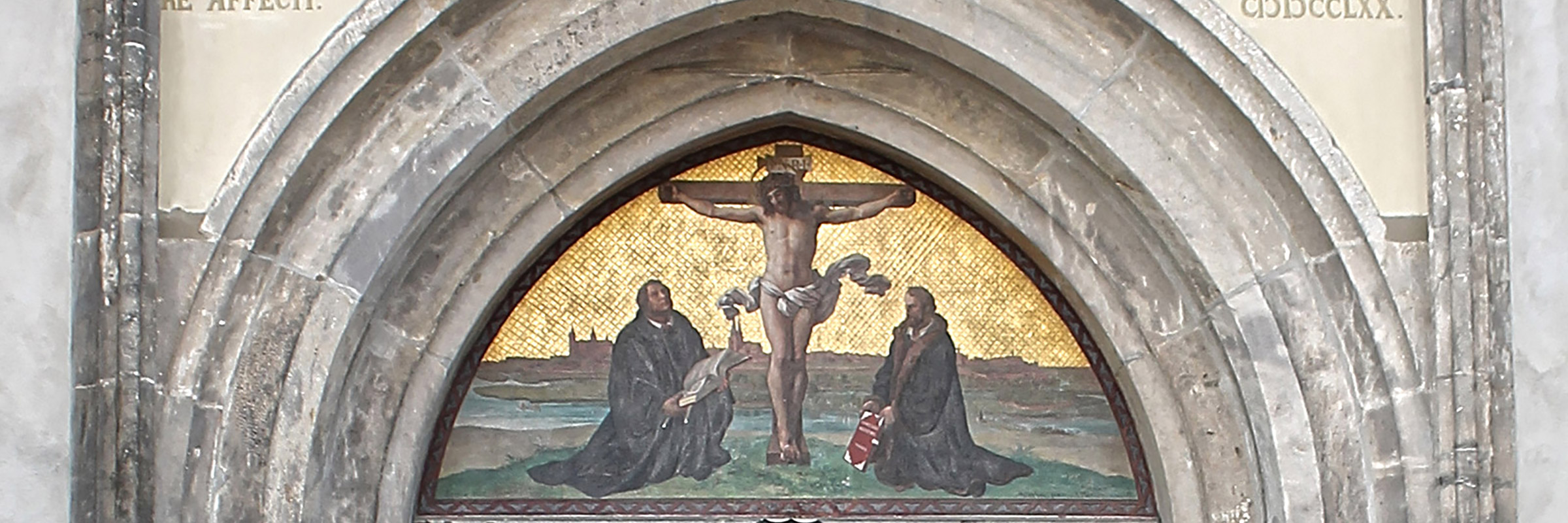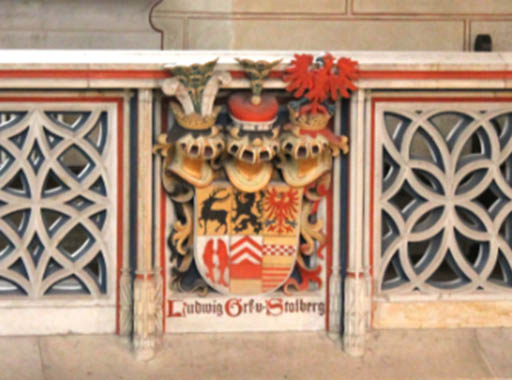Events Calendar
Angels on our string
25 Years Praetorius Consort: Anniversary Concert | Praetorius Consort Wittenberg & Former Members | Wittenberg court chapel
Saturday | 28.10. | 7 p.m. | Castle Church
If that is not a reason to celebrate! The Praetorius Consort Wittenberg has been playing Renaissance and early Baroque music for 25 years - and is therefore considerably older than most of its current members. The ensemble celebrates its founding anniversary with a celebratory anniversary concert in the Wittenberg Castle Church and presents itself and its audience with the very best birthday present: together with former Consort members and the Wittenberg Court Orchestra as well as with the soprano Julla von Landsberg, the Praetorius Consort is with one of its varied and popular To experience programs always dedicated to song and dance.
The young ensemble, led by musicians from the Wittenberg Court Orchestra, has been part of the program of the Wittenberg Renaissance Music Festival since the first days of the festival. In their concert, the participants maintain the tradition of musical tradition in their own special way: the traditional Wittenberg court orchestra plays together with children and young people from Wittenberg and Bad Schmiedeberg - and passes on their passion for music to the next generation.
Former ensemble members of the Praetorius Consorts Wittenberg who would like to actively participate in this anniversary concert are welcome and are asked to contact the festival management as soon as possible:
Pfaffengasse 6, 06886 Wittenberg
+49 (0) 3491 459620
Ticket price 15 euros/concessions 10 euros
On Ash Wednesday, February 18, 2026, the Protestant Lenten campaign "7 Weeks Without" begins. Until April 6, under the motto "Feeling! Seven Weeks Without Harshness," it invites participants to consciously experience Lent. The focus is on compassionate interaction: perceiving the pain of others, offering support, and discovering new ways of being together. Harshness can manifest itself in many ways in everyday life: in harsh words, in situations that hurt us or leave us speechless. Often, we put on our own armor to protect ourselves—and yet realize how much this distances us from one another. The "7 Weeks Without" Lenten campaign invites us to take a different path in 2026. Further information is available at https://7wochenohne.evangelisch.de/ [Photo: Jodie Griggs / Getty Images]
30 Years of World Heritage
In 1996, the castle church was inscribed on the UNESCO World Heritage List as an almost completely preserved prime example of 19th-century monument preservation. From 2012 to 2016, it was renovated and restored with funding from the State of Saxony-Anhalt, the Federal Republic of Germany, the European Union, and private donors.


